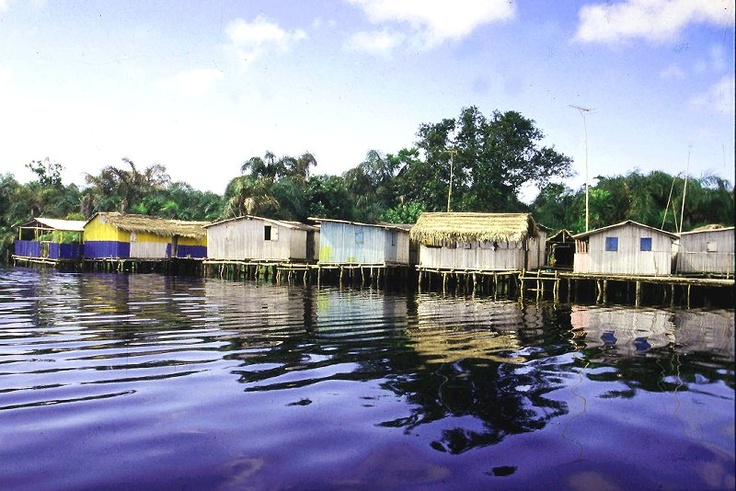Statistics from the Ghana Investment Promotion Centre (GIPC) for the first half (H1) of 2017 shows that the tourism sector recorded its worst Foreign Direct Investment (FDI) Projects performance in 10 years. The sector recorded no new project for the H1 of the year although GIPC recorded 95 new FDI projects in the period. These new projects targeted other sectors of the economy including services, manufacturing, general trading and liaison, building/construction, export trade and agriculture leaving the tourism sector with no new investment.
The poor performance of the sector is due to the lack of incentives for enterprises in the sector. This is mainly due to the repeal of Promotion of Tourism Instrument, 2005 (LI 1817), which empowered the GIPC to grant incentives in the form of tax exemptions to businesses in the industry in 2011. The presence of the LI led to increased private sector investment in the sector through construction, refurbishment and upgrading of tourism infrastructures. However, the repeal has left the sector less incentivized.
Our analysis of the available tax incentives for the tourism sector shows that, there are only two major incentives; corporate tax of 22% instead of the standard 25% and the importation of items listed in chapter 98 part B and C of the Harmonized System and Custom Tariff Schedule. Also comparing the sector with other countries (like Romania, Poland, Belgium, Kenya, Morocco and Senegal) with similar level of development of tourism (using contribution of travel and tourism to GDP) shows that Ghana charges the highest VAT (17.5%) on businesses operating in the sector.
Another reason for the inability of the sector to attract FDI is institutional and regulatory lapses due to their bureaucratic nature. The 2017 World Bank Doing Business report shows that, Ghana’s performance on almost all the institutional and regulatory components is declining. For instance, factors such as ease of starting business, dealing with construction permits, registering property, protecting minority investors and enforcing contracts have fallen. Ease of starting business recorded the highest fall from 103 to 110 out of 190 countries, followed by ease of dealing with construction permits from 112 to 117.
The attainment of the goals of the National Tourism Development Plan (NTDP)-(2013-2027) requires an annual investment of about US$ 1.3 billion which is likely to be jeopardize by the declining Foreign Direct Investment (FDI) inflows into the sector. FDI constitute about 49% of investments into the sector but its share in the sector has been declining. For example, the sector’s share of FDI in value terms fell from 1.59% in 2013 to 0.06% in 2014, while its total contribution fell from 7.6% to 6.7%. In 2015, the sector’s share however increased to 25.8%, generating US$2.7 billion in revenue and contributed significantly to the economic growth rate of 4.2% recorded. This was short lived as the sector’s share fell sharply to 0.03% in 2016 with direct and total contribution to GDP decreasing from 3.3% and 7.8% to 3% and 7.1% respectively.
Ghana’s tourism sector has received some facelift which has resulted in the improvement in the sector’s development indicators especially in the recent times. This has increased the sector’s contribution to the economy. Tourist arrival to Ghana increased from 172000 in 1991 to 746,500 in 2010 and 1,093,000 in 2014. Also, the sector on average have accounted for 5.5% of total employment and contributed an average of 8% to GDP in the past 10 years.
Statistics from the World Travel & Tourism Council (WTTC) shows that, an average of US$342 million has been invested yearly in the sector over the same period while generating an average of US$2.2 billion in total receipts. The sector has also become the fourth largest export earner after oil, gold and cocoa.
It is estimated that about 1.2 million tourists arrived in Ghana in 2016 and projected to reach 1.4 million and 4.3 million in 2017 and 2027 respectively according to the National Tourism Development Plan (NTPD) (2013-2027). Tourism receipts are also projected to reach US$ 4.7 billion and US$8.4 billion in 2022 and 2027 with its direct contribution to GDP at 5.2% and 5.7% respectively.
The WTTC has also projected the sector to record an average growth of 5.1% for the next 10 years (2016-2026) while increasing the sectors total employment from the 730,000 projection for 2016 to 826,000 in 2022 and 1.4 million in 2027. Culture and creative arts and the hotel sub sector are expected to drive the job creation process by accounting for 60% of total employment of the sector. The expected growth of the sector should generally boost foreign exchange earnings, competiveness and create employment by expanding economic opportunities.
GN Research Analysts therefore impress on government to institute financial incentives such as tax incentives, depreciation subsidies, subsidized tariffs and concessions under specific projects or geographic locations to ensure a satisfactory return on investments. This should target long term opportunities identified by the GIPC. This includes; multi-hotel resorts; one each at the Volta Estuary; Brenu beach in the Central Region; Cape Three Points area in the Western Region; Lake Bosumtwi in Ashanti, the Volta Lake Basin, Dodi Island, Dwarf Island, Digya National Park, Melinli Peninsular, Amedzofe and Wli-falls in the Volta and the Accra marine drive project.
Aside the financial incentives, government should enhance the security of investments in the sector by ensuring stable economic and political environment since the sector is very sensitive to them. Finally, government should increase its investments into the sector to complement the private sector’s participation in the sector and provide the necessary infrastructure like roads and power to facilitate investment into the sector.
Credit: GN Research



